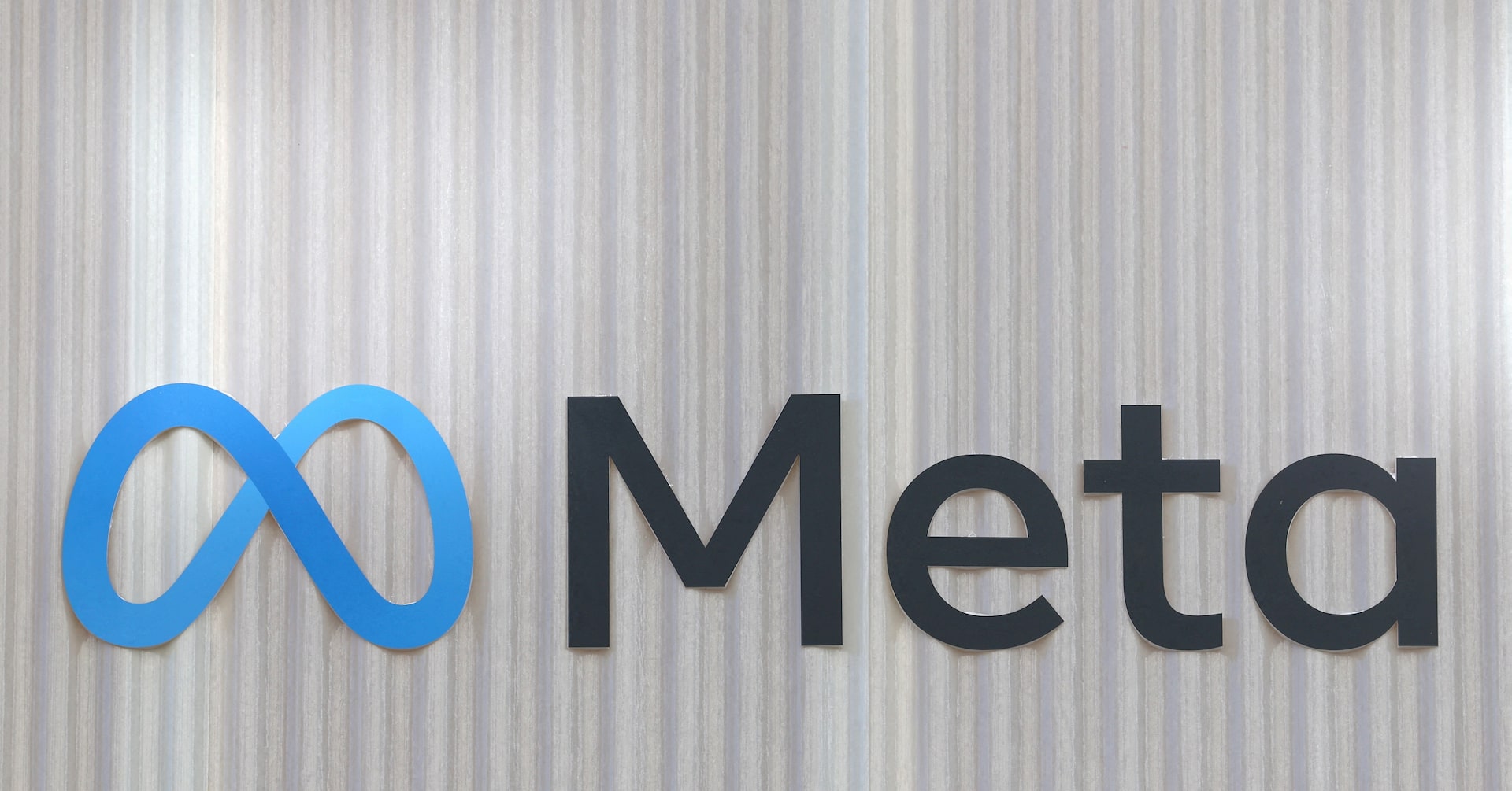AI-Powered Political Ads: Meta's Controversial Election Strategy Sparks Debate in Canada
Politics
2025-03-20 14:24:18Content

Meta Platforms is taking a proactive stance against digital manipulation by introducing new transparency requirements for political and social issue advertisements. The company will now require advertisers to disclose any use of artificial intelligence or digital editing techniques when creating content that addresses political or social topics.
This initiative comes ahead of the upcoming Canadian federal elections, with the primary goal of combating potential misinformation and ensuring voters have clear insight into the origins and authenticity of digital campaign materials. By mandating advertisers to reveal their use of AI or digital alteration techniques, Meta aims to promote greater transparency and help users make more informed judgments about the content they encounter.
The new policy reflects growing concerns about the potential for advanced technologies to create misleading or manipulated political messaging. By compelling advertisers to be upfront about their content creation methods, Meta is taking a significant step toward maintaining the integrity of digital political discourse and protecting users from potentially deceptive campaign strategies.
Digital Transparency: Meta's Bold Move to Combat Election Misinformation in Canada
In an era of rapidly evolving digital communication, social media platforms are increasingly taking proactive steps to maintain the integrity of political discourse. As election seasons become more complex and technologically sophisticated, the challenge of distinguishing between authentic information and manipulated content has never been more critical.Protecting Democratic Processes in the Digital Age
The Rise of AI-Generated Political Content
The digital landscape has transformed political communication, introducing unprecedented challenges for maintaining electoral transparency. Artificial intelligence technologies have dramatically enhanced the ability to create sophisticated, seemingly authentic digital content that can potentially mislead voters. Meta Platforms recognizes this emerging threat and is implementing strategic measures to combat potential misinformation before the upcoming Canadian federal elections. By requiring advertisers to disclose their use of AI or digital manipulation techniques, Meta is establishing a groundbreaking approach to digital content verification. This initiative represents a significant step towards creating a more transparent and accountable digital information ecosystem, where voters can make informed decisions based on genuine, unmanipulated content.Technological Verification and Transparency Mechanisms
Meta's new policy introduces comprehensive verification protocols designed to scrutinize political and social issue advertisements. The platform will implement advanced screening processes that compel advertisers to explicitly declare any artificial intelligence or digital alteration techniques used in creating their content. This approach goes beyond traditional fact-checking methods, directly addressing the source of potential misinformation. By mandating upfront disclosure, Meta creates a proactive framework that empowers users to critically evaluate the authenticity and origin of political messaging. The initiative represents a sophisticated response to the complex challenges posed by rapidly advancing digital communication technologies.Implications for Democratic Communication
The implementation of such disclosure requirements signals a broader transformation in how digital platforms approach their role in democratic processes. Meta's strategy acknowledges the potential for technological manipulation while simultaneously providing tools for users to navigate increasingly complex information landscapes. By establishing clear guidelines and transparency mechanisms, the platform sets a precedent for responsible digital communication. This approach not only protects electoral integrity but also encourages a more informed and discerning digital citizenry. The initiative reflects a nuanced understanding of the delicate balance between technological innovation and democratic principles.Global Perspectives on Digital Content Regulation
Meta's Canadian initiative could potentially serve as a model for global digital content regulation. As artificial intelligence becomes more sophisticated, platforms worldwide are grappling with similar challenges of maintaining information authenticity and preventing digital manipulation. The approach demonstrates a proactive commitment to preserving democratic communication standards in an increasingly complex technological environment. By setting clear expectations and providing transparent mechanisms, Meta contributes to developing global best practices for responsible digital engagement.User Empowerment and Critical Digital Literacy
Beyond technical implementation, Meta's policy underscores the importance of digital literacy and user empowerment. By requiring explicit disclosure of AI-generated or manipulated content, the platform encourages users to develop more critical and discerning approaches to consuming digital information. This strategy transforms potential technological challenges into opportunities for educational engagement, helping users become more sophisticated consumers of digital content. The initiative represents a holistic approach to addressing misinformation, focusing not just on content regulation but on enhancing user understanding and critical thinking skills.RELATED NEWS
Politics

Crisis at Kennedy Legacy: JFK Library Shutters After Abrupt Federal Staff Exodus
2025-02-19 01:01:46
Politics

Dramatic Moment: Immigration Agents Shatter Car Window, Cellphone Footage Reveals Tense Encounter
2025-04-16 00:13:03
Politics

Political Chess: Buttigieg Sidesteps Senate, Eyes Future White House Bid
2025-03-13 12:38:57





